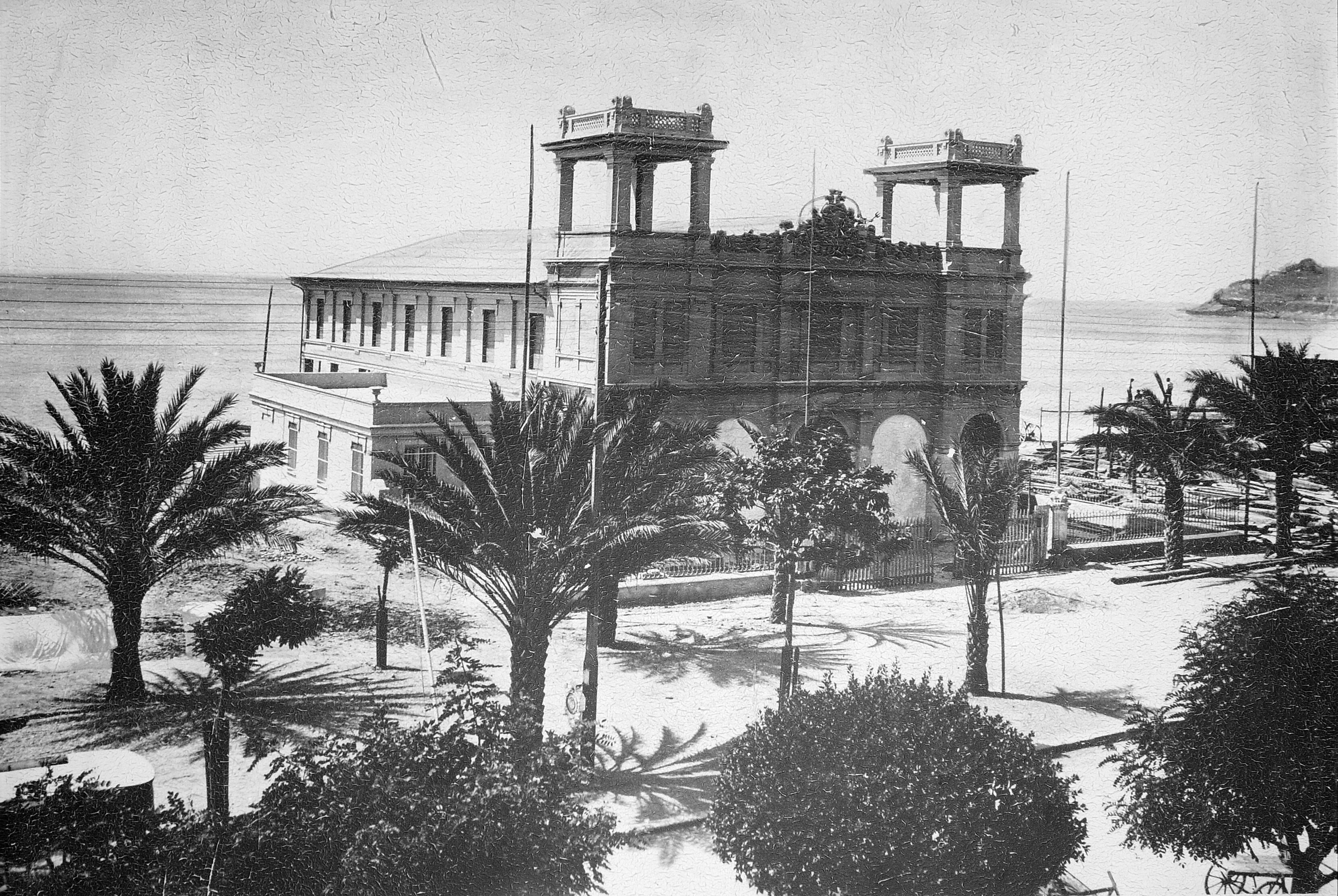Mario Garea (1881–1962) is a fascinating and still little-known figure in Italian and European culture. A writer, poet and man of great intellectual curiosity, he intertwined his life with the history of Varazze and with important names in the literature of his time.
A cultural salon by the sea
A friend of the poet Gian Pietro Lucini, he often hosted intellectuals and prominent figures in his home in Punta Aspera, creating a veritable cultural circle overlooking the sea. Among the regular guests were the mayor of Varazze, Niccolò Sardi, and the Armenian poet Hrand Nazariantz. Garea also managed apartments for tourists and worked as a manager at the Bagni Letizia, owned by the Botta family, historic beach establishments also linked to the printing house that printed local newspapers and some of his works. The Botta family also owned the Bagni Regina Margherita – now Kursaal Margherita – which still has a valuable ceiling by Lucio Fontana.
His interests
Garea's library was a treasure trove of volumes ranging from literature to history, science and religion. A lover of ancient civilisations and their legends, he included references to Greek, Roman, Norse and Egyptian myths in his verses. His travels took him as far as Catalonia and Indonesia, where he collaborated with the Varazzano explorer G.B. Cerruti on the book Fra i cacciatori di teste dell'isola di Nias (Among the Headhunters of Nias Island).
His writings
He contributed to national and local newspapers, including La Ragione and Il Teiro, writing cultural articles and reviews. He wrote symbolist-inspired poetry collections such as Vecchie Rime, Ricami dell'Ombra, I nauti del Sogno and Ultimo Poema. He also composed works in verse dedicated to great authors such as Foscolo and Horace, and an ironic and futuristic novel, S.E. Capitano Fanfa. Il mulino del Basci-Buzuk (S.E. Captain Fanfa. The Basci-Buzuk Mill). Among his most significant works for Varazze are historical pamphlets and research on churches, monuments and even a local menhir, combining history, archaeology and linguistics.
Garea had a love-hate relationship with Varazze: he appreciated its beauty but did not always agree with the character of its inhabitants and found the busy summer season difficult. Nevertheless, his historical and cultural works are a valuable heritage that recounts the town and its Riviera with a cultured and original perspective.
